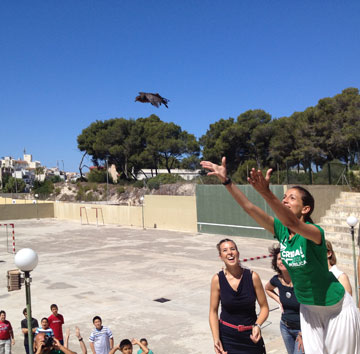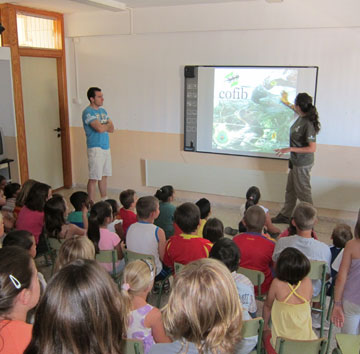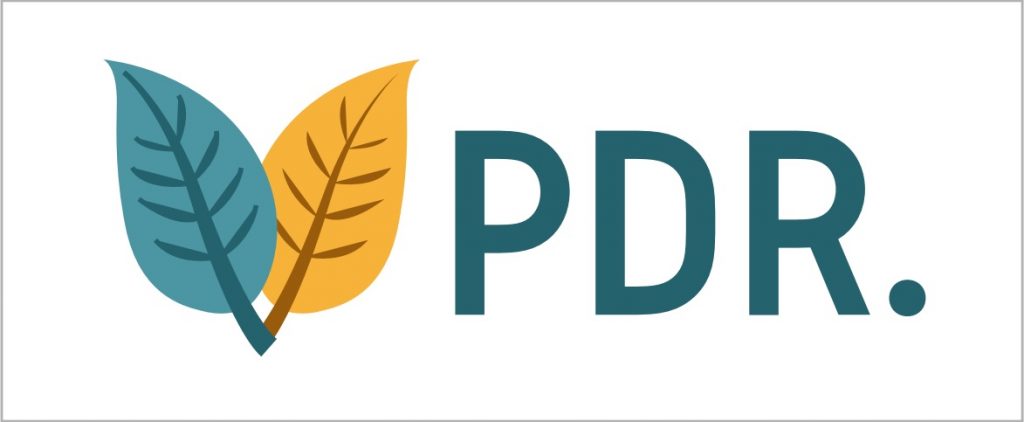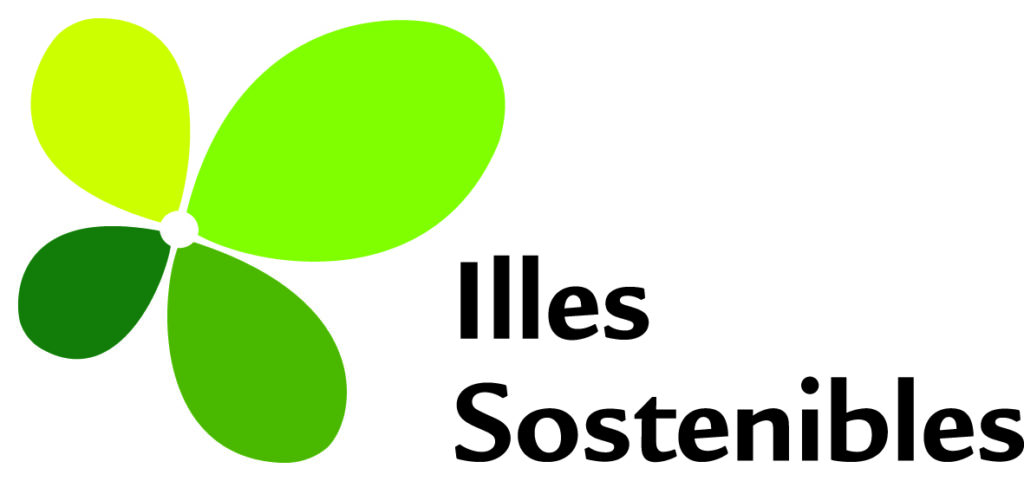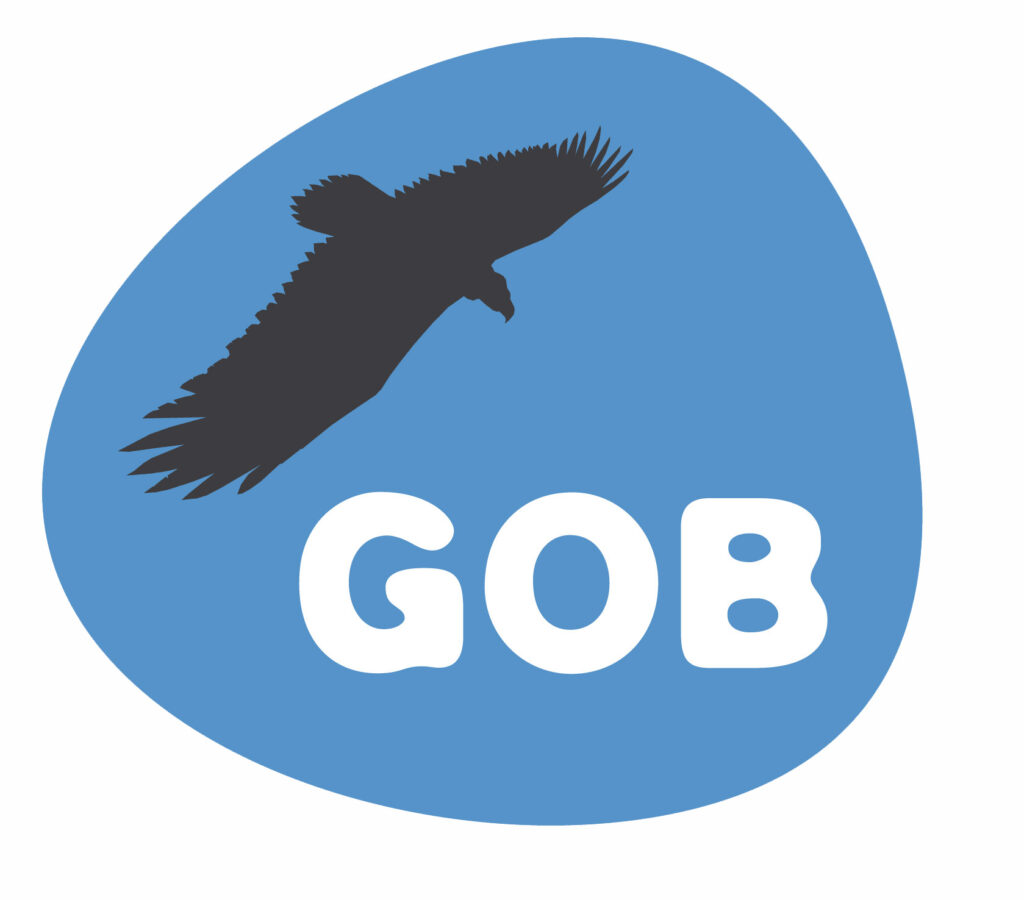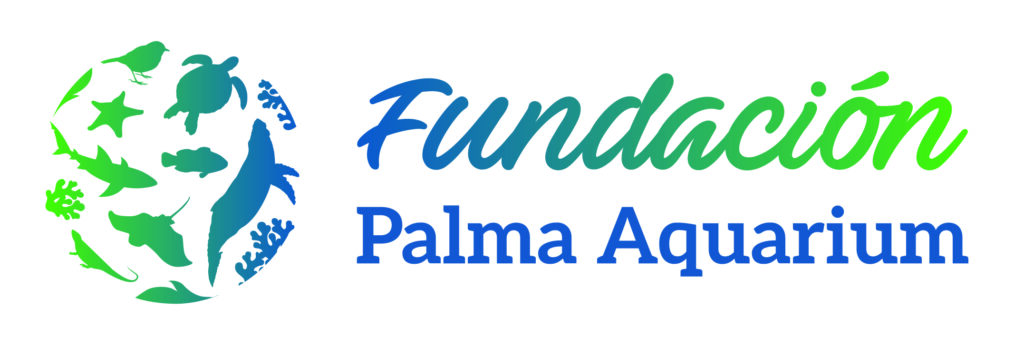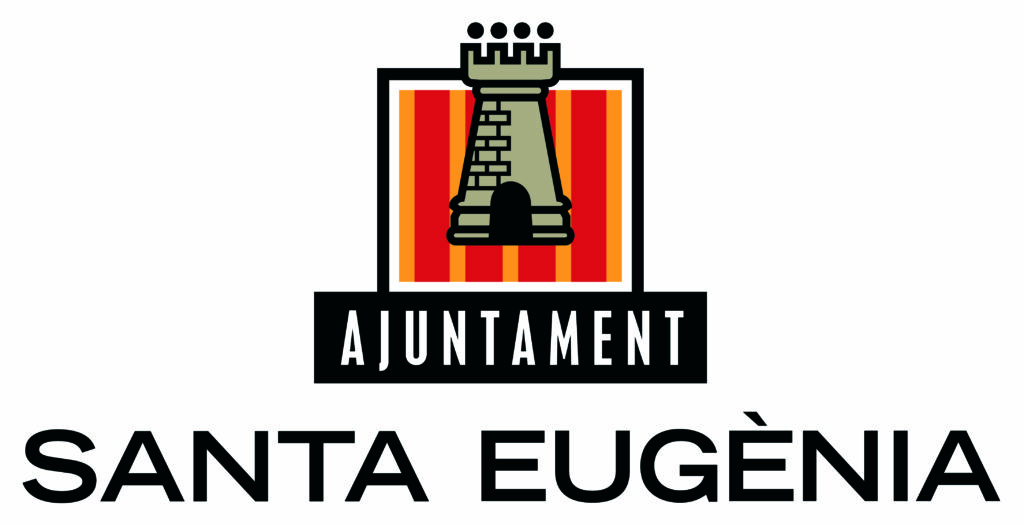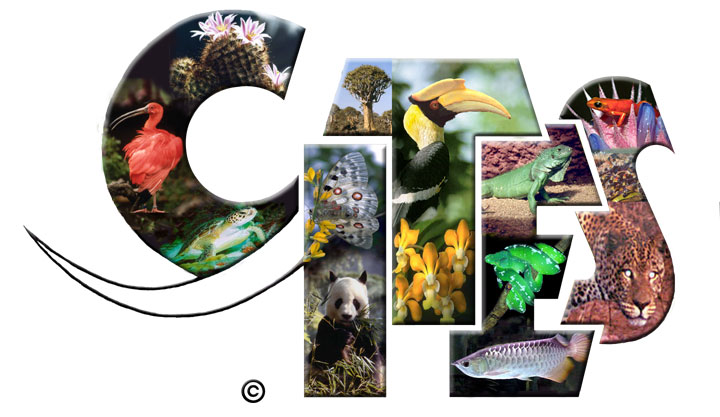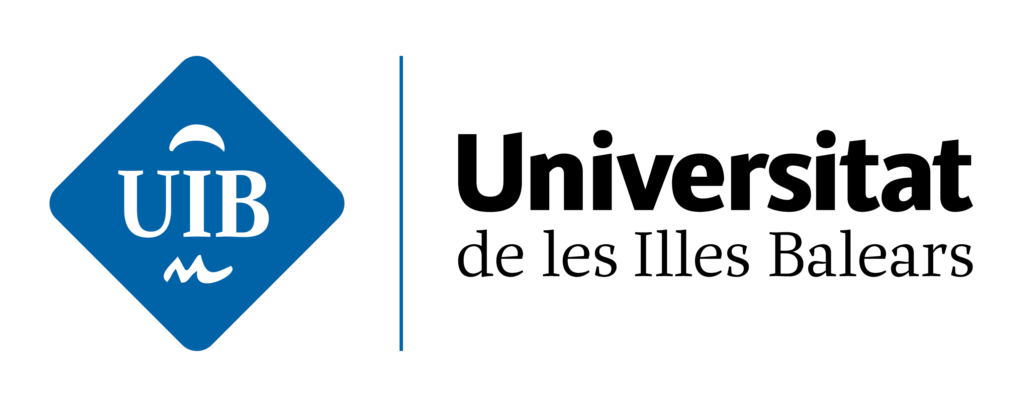COFIB
The COFIB (Consorci per a la Recuperació de la Fauna de les Illes Balears) is a public consortium created in 2004 between the Conselleria d’Agricultura, Pesca i Medi Natural del Govern de les Illes Balears and la Fundació Natura Parc. Its purpose is to manage and promote the rehabilitation of injured wild fauna of the Balearic Islands, the capture or collection of exotic fauna and flora, and to breed certain species of wild fauna in captivity.
Since its inception, the consortium has managed the CRFS (Wildlife Recovery Centre) in Mallorca and the CAAE (Exotic Animal Shelter Centre) which was created to respond to the increase in the number of exotic fauna arrivals. Since 2012, it has been coordinating the rehabilitation of wildlife in Menorca, Ibiza and Formentera in tandem with specialised organisations. The Balearic centres attend to some 8,000 specimens of fauna annually.
Research and environmental education are core missions for the consortium. Thanks to the research of its different departments, COFIB has become the foremost authority on plans for the recovery, protection and conservation of the biodiversity of the Balearic Islands.
COFIB also has a fauna health and control team (SiCF), which monitors fauna to detect and control possible zoonoses or pathologies that may affect wild and domestic species. They also control invasive fauna in the Balearic Islands to help minimise the effects of these species on the island’s biodiversity.
The BREI (Banc de Restes d’Espècies Insulars) was established in 2010 to create and preserve a collection of biological remains of wild and exotic species of the Balearic Islands for educational and/or research purposes.
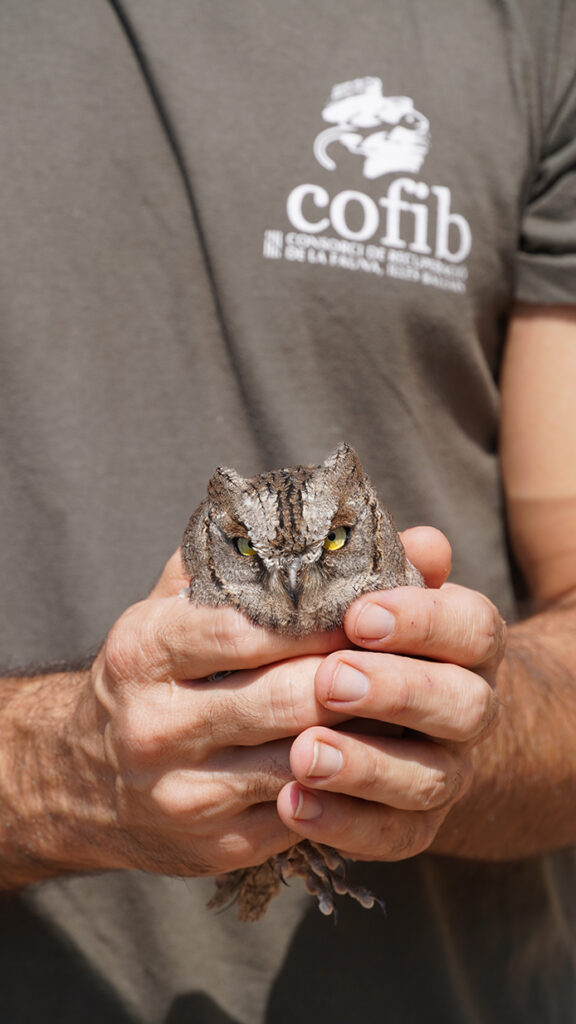
In 2019, the marine fauna department was created to deal with the new sea turtle nesting events that are taking place more and more frequently on the coasts of the Balearic Islands. Since then, this team has been responsible for managing nesting events and developing and coordinating the Head Starting programme, as well as carrying out awareness-raising actions on these issues for the public. Since 2021, the same department has also been carrying out studies and monitoring populations of elasmobranchs that are threatened in the Balearic Sea.
Research
Considering research as one of the fundamental pillars for the conservation of wildlife and in order to be able to take advantage of the large volume of animals that unfortunately cannot be returned to the wild, every year COFIB carries out small studies and collaborations with research groups. The aim is to take as many samples as possible from the individuals that enter the centres in order to expand the current information we have on wildlife and its environmental problems.
Every year hundreds of samples are given to the different scientific centres, sometimes resulting in published articles and notes.
It is important to continue our work and try to improve both the protocols and the procedures used through research. In this way, we not only optimise and improve the recovery of fauna, but also obtain reliable data that allow us to implement, in some cases, specific conservation measures.
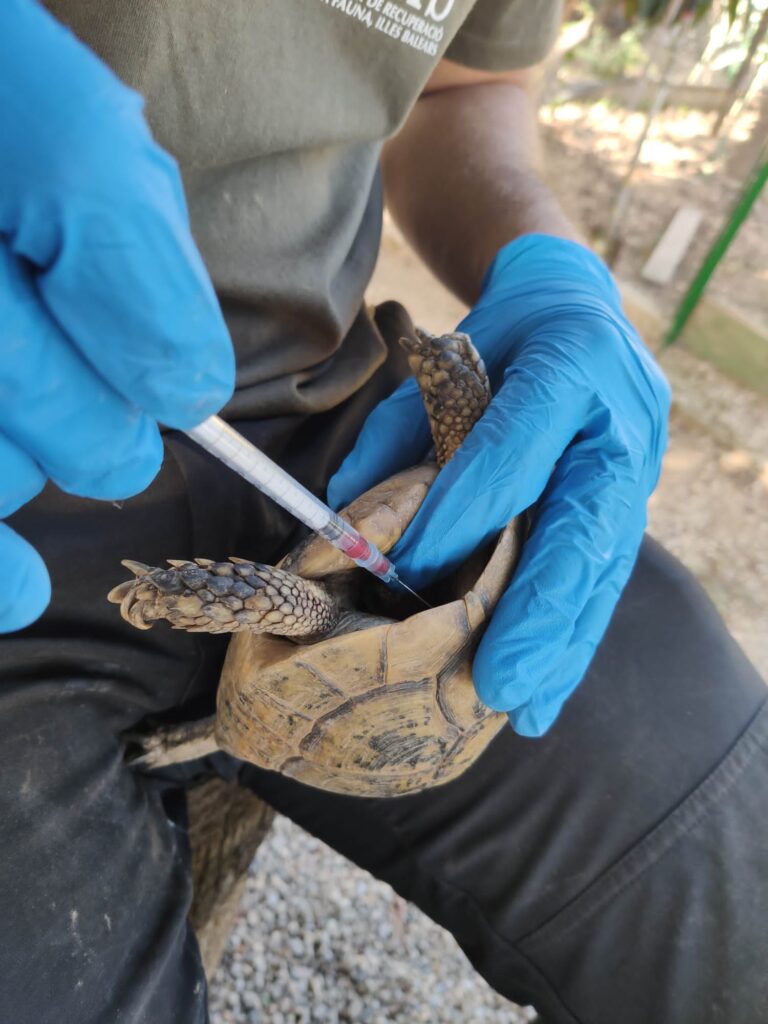
Environmental Education
COFIB believes that environmental education is one of the pillars of conservation. Although the centres are not open to the public on a regular basis, it promotes and supports environmental education in a number of ways.
Every year, a range of educational activities take place in coordination with both public and private entities.
What activities does COFIB offer?
COFIB carries out three types of environmental workshops:
- Fauna trails
- Invasive exotic species workshop
- Visit to COFIB recovery centres
These are listed in the environmental education service section of the resource guide produced by the Conselleria de Medi Ambient i Territori
If you are interested in any of these workshops, contact us at this email address: crmallorca@cofib.net
